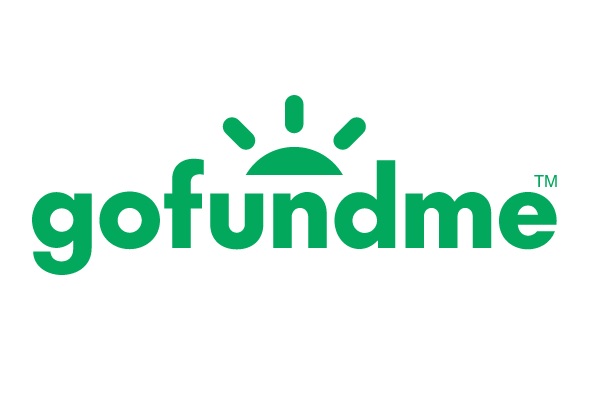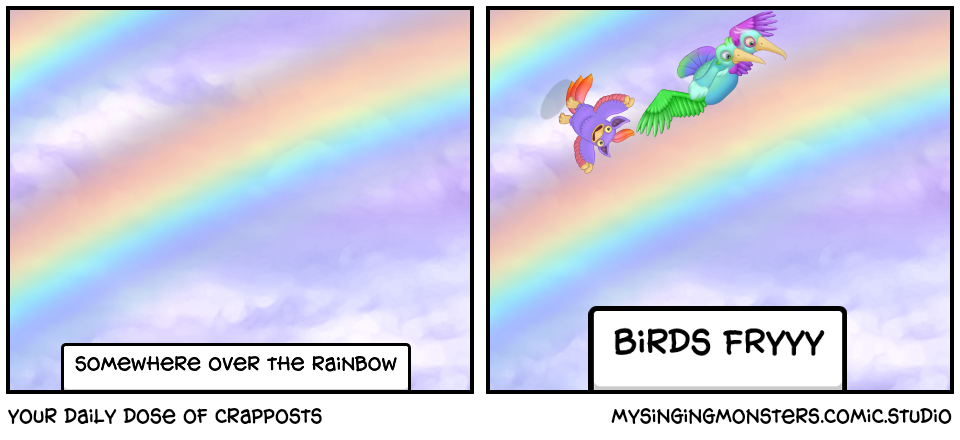FTC V. Meta: A Deep Dive Into The Antitrust Case

Table of Contents
The FTC's Allegations of Anti-Competitive Behavior
The FTC's complaint against Meta centers on accusations of anti-competitive behavior, primarily focusing on Meta's acquisitions and its dominance in the social networking market.
Acquisition of Instagram and WhatsApp
The FTC argues that Meta's acquisitions of Instagram in 2012 and WhatsApp in 2014 were anti-competitive, designed to eliminate potential rivals and solidify Meta's already considerable market power.
- Market Share: Before the acquisitions, Instagram and WhatsApp were emerging competitors with significant user bases. The acquisitions effectively removed these potential threats to Facebook's dominance. Post-acquisition, Meta controlled an overwhelming majority of the social networking market.
- Suppression of Competition: The FTC alleges that Meta actively suppressed competition after acquiring Instagram and WhatsApp, preventing them from developing independently and potentially challenging Facebook's market share. This includes evidence suggesting strategic integration choices that limited the independence of these platforms.
- Expert Testimony: The FTC's case relies heavily on expert economic testimony which aims to demonstrate the anti-competitive effects of these acquisitions. These experts analyze market data and competitive dynamics to support the FTC’s claim that these were not benign acquisitions.
Monopolization of the Social Networking Market
The FTC alleges that Meta maintains an illegal monopoly in the social networking market, leveraging its market power to stifle competition and harm consumers.
- Market Dominance: Meta’s Facebook platform boasts billions of users globally, representing a substantial and undeniable market share. This dominance allows Meta to influence market dynamics and set industry standards.
- Maintaining Market Power: The FTC points to various strategies employed by Meta to maintain its position, including its sophisticated data collection practices, the inherent network effects of its platforms (the more users, the more valuable the platform), and potentially anti-competitive practices limiting interoperability with other services.
- Consumer Harm: The FTC argues that Meta's monopolistic practices result in harm to consumers through reduced innovation, limited choices, and potential privacy violations. The lack of effective competition, they contend, stifles the development of alternative platforms and services.
Data Collection and Privacy Concerns
The FTC’s case also links Meta's extensive data collection practices to its anti-competitive behavior.
- Data Collection and Market Dominance: Meta’s vast data collection capabilities are inextricably linked to its market power. This data allows for highly targeted advertising, a key revenue stream, reinforcing its competitive advantage.
- Anti-Competitive Effects: The FTC argues that this data collection enables Meta to effectively monitor and respond to emerging competitors, potentially hindering their growth and development. This information asymmetry gives Meta a significant edge over rivals.
- Privacy Regulations: The FTC's case also touches upon potential violations of privacy regulations, arguing that the extensive data collection practices themselves may constitute anti-competitive conduct.
Meta's Defense Strategies
Meta vigorously contests the FTC’s claims, arguing that its actions were pro-competitive and beneficial to consumers.
Arguments Against Anti-Competitive Behavior
Meta’s defense hinges on the argument that the acquisitions of Instagram and WhatsApp fostered innovation, expanded user choices, and created efficiencies.
- Synergies and Integration: Meta argues that integrating Instagram and WhatsApp with Facebook created synergies, leading to improved features, enhanced user experiences, and broader access to communication tools.
- Counter-Evidence: Meta presents its own economic analysis and data to counter the FTC’s claims, arguing that the acquisitions did not stifle competition but instead increased overall competition in the broader digital communications market.
- Benefits to Consumers: Meta highlights the benefits of its integrated platforms, such as seamless communication across different services and access to a wider range of features.
Challenging the Definition of the Relevant Market
Meta attempts to redefine the market scope to weaken the FTC’s claims of monopolization.
- Broader Market Definition: Meta argues that the relevant market is much broader than the FTC’s definition of social networking, including other communication platforms such as messaging apps, email, and video conferencing services. This broader market significantly dilutes Meta's apparent market share.
- Impact on the Case: By expanding the market definition, Meta aims to show that it doesn't possess the overwhelming market share necessary to sustain a monopolization claim.
- Supporting Evidence: Meta presents evidence to support this broader market definition, highlighting the substitutability of various communication services.
Potential Outcomes and Implications
The FTC v. Meta case could have profound consequences for the tech industry.
Possible Remedies
Depending on the court's ruling, several remedies are possible:
- Divestiture: The most drastic outcome could involve Meta being forced to divest itself of Instagram or WhatsApp, effectively reversing the acquisitions.
- Structural Changes: Less drastic remedies might involve structural changes to Meta's operations or restrictions on its business practices.
- Fines: Substantial monetary fines are also a possibility, designed to punish Meta for its alleged anti-competitive conduct.
- Behavioral Remedies: The court could impose restrictions on Meta's future mergers and acquisitions and their data practices.
Broader Implications for the Tech Industry
The outcome of this case will set a significant precedent for future antitrust enforcement against large tech companies.
- Mergers and Acquisitions: The case will influence the scrutiny applied to future mergers and acquisitions in the tech sector, potentially leading to more rigorous regulatory review.
- Data Privacy Regulations: The case could also impact data privacy regulations, leading to stricter controls on data collection and usage by large tech companies.
- Regulatory Landscape: The FTC v. Meta case is shaping the regulatory landscape, demonstrating a growing willingness to challenge the power of tech giants. It signals a potential shift in the balance of power between regulators and tech companies.
Conclusion
The FTC v. Meta antitrust case is a pivotal legal battle with far-reaching consequences for the tech industry and consumers. The FTC's powerful allegations of anti-competitive behavior, countered by Meta's robust defense, illuminate the complex interplay between market dominance, innovation, and consumer welfare in the digital age. The outcome will significantly influence future antitrust enforcement, shaping the regulatory landscape and the future of competition in the social media and technology markets. To stay informed about the latest developments in this landmark FTC v. Meta antitrust case, follow reputable legal and business news sources. Understanding this case is crucial for comprehending the evolving dynamics of the tech industry and the ongoing efforts to ensure fair competition in the digital marketplace.

Featured Posts
-
 The Emerging Xr Market A Platform Analysis Of Ai Driven Opportunities And Challenges
May 13, 2025
The Emerging Xr Market A Platform Analysis Of Ai Driven Opportunities And Challenges
May 13, 2025 -
 Leonardo Di Caprio And Romeo Juliet A Rollerblading Story You Wont Believe
May 13, 2025
Leonardo Di Caprio And Romeo Juliet A Rollerblading Story You Wont Believe
May 13, 2025 -
 Niedersachsen And Bremen Entwarnung Nach Bombendrohung An Braunschweiger Grundschule
May 13, 2025
Niedersachsen And Bremen Entwarnung Nach Bombendrohung An Braunschweiger Grundschule
May 13, 2025 -
 Zuckerberg And Trump A New Era For Meta And American Politics
May 13, 2025
Zuckerberg And Trump A New Era For Meta And American Politics
May 13, 2025 -
 Columbus Crew Rebounds Edges San Jose Earthquakes 2 1
May 13, 2025
Columbus Crew Rebounds Edges San Jose Earthquakes 2 1
May 13, 2025
Latest Posts
-
 Breaking Company News Key Highlights For Friday At 7 Pm Et
May 14, 2025
Breaking Company News Key Highlights For Friday At 7 Pm Et
May 14, 2025 -
 Company News Highlights Fridays Top Stories At 7 Pm Et
May 14, 2025
Company News Highlights Fridays Top Stories At 7 Pm Et
May 14, 2025 -
 Figmas Ipo Following The Adobe Deal Rejection
May 14, 2025
Figmas Ipo Following The Adobe Deal Rejection
May 14, 2025 -
 Friday 7 Pm Et Your Daily Dose Of Top Company News
May 14, 2025
Friday 7 Pm Et Your Daily Dose Of Top Company News
May 14, 2025 -
 Figma Goes Public The Journey After Spurning Adobes Acquisition
May 14, 2025
Figma Goes Public The Journey After Spurning Adobes Acquisition
May 14, 2025
